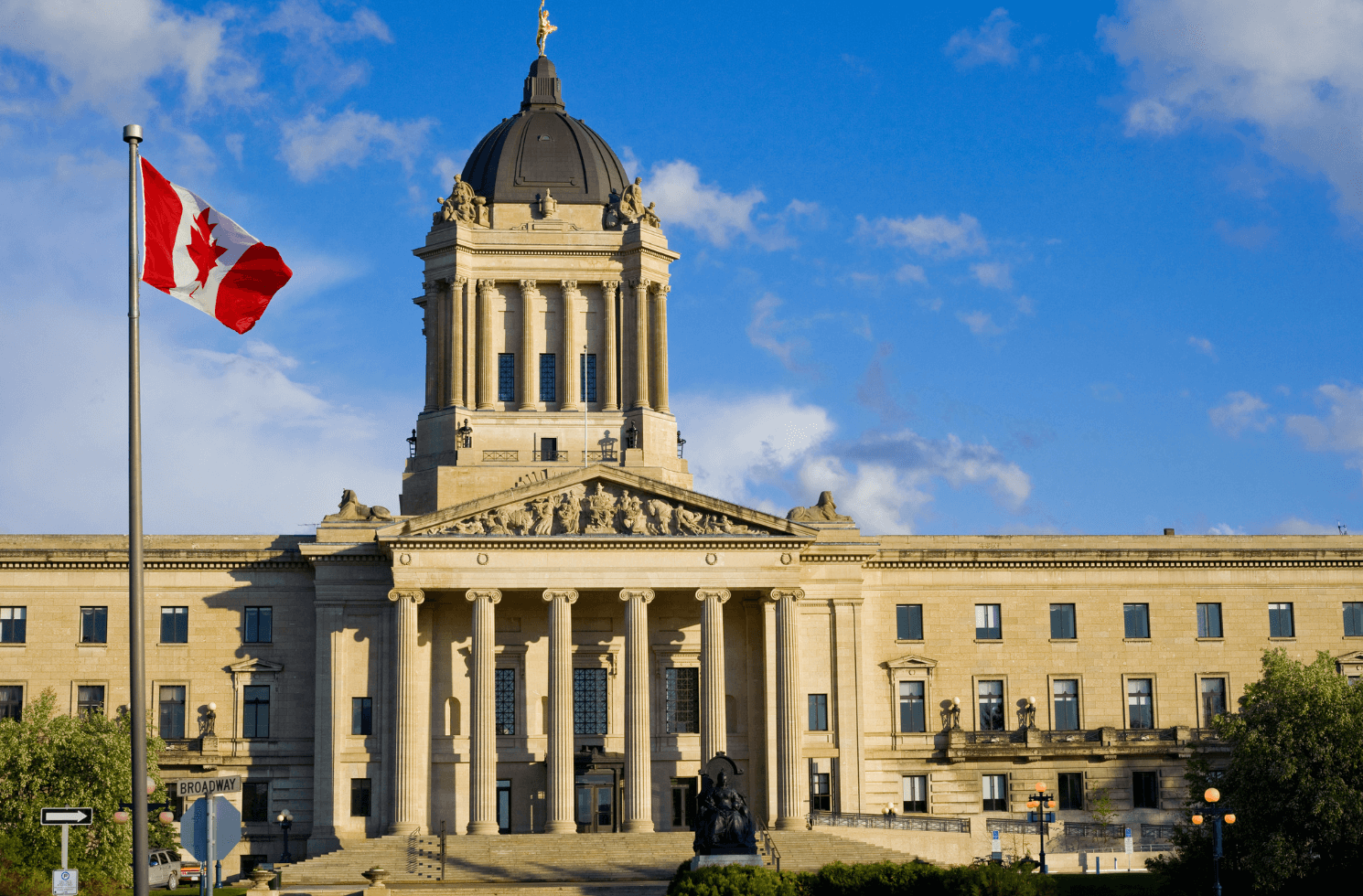Updated PGWP Eligibility Criteria: A Guide for International Graduates
The Post-Graduation Work Permit (PGWP) is a highly sought-after opportunity for international students who complete their studies in Canada. It allows graduates to work in the country for up to three years, providing them with valuable Canadian work experience, which can lead to permanent residency. However, changes announced by Immigration, Refugees and Citizenship Canada (IRCC) starting November 1st, 2024, will affect eligibility for PGWP.
Understanding these new requirements is essential for anyone planning to study and work in Canada. This blog will cover the updated PGWP-eligible programs, the field of study criteria, language requirements, and how to secure your future work permit under these changes.

Table of Contents
What Are the Changes to PGWP Eligibility?
Starting November 1st, 2024, international graduates must meet specific field-of-study requirements to submit a request for a Post-Graduation Work Permit. These fields of study align with national labor market needs and reflect Canada’s demand for talent in specific industries. However, it is important to note that these field-of-study restrictions do not apply to university graduates at the bachelor’s, master’s, or PhD levels.
For other graduates, programs must fall under key categories, such as:
- Agriculture and Agri-Food
- Healthcare
- Science, Technology, Engineering, and Mathematics (STEM)
- Trades
- Transport
These fields are essential to Canada’s economy and reflect the nation’s focus on attracting skilled workers in industries with labor shortages. Graduates from these eligible programs will still have the opportunity to benefit from the PGWP.
Eligible Fields of Study for PGWP
The IRCC has organized eligible PGWP programs using the Classification of Instructional Programs (CIP), a system designed to categorize educational programs. This structure allows international students to clearly identify whether their program of study qualifies for the PGWP under the updated guidelines.
Below are examples of programs under each major category that meet the new eligibility requirements:
Agriculture and Agri-Food: Programs such as Agricultural Business and Management, Animal Husbandry, and Agronomy are eligible.
Healthcare: Includes programs like Special Education Teaching, Exercise Physiology, and Physical Therapy Assistance.
STEM: Relevant programs include Chemical Engineering, Computer Programming, and Engineering Mechanics.
Trades: Electricians, Heating and Air Conditioning Technicians, and Machinists fall under this category.
Transport: Heavy Equipment Maintenance, Air Traffic Controllers, and Commercial Vehicle Operators are key occupations.
This list is not exhaustive, and candidates are encouraged to consult the official IRCC website to verify if their program is listed under these categories.
How to Identify Your Program’s CIP Code
Candidates can identify the CIP code of their program by visiting the Statistics Canada website, which provides a comprehensive database of educational programs. Here are the steps to find your program’s code:
- Navigate to the Statistics Canada webpage for the 2021 CIP.
- Enter keywords related to your program in the search bar or browse through the available field of study links.
- Once you find the correct sub-category, explore the program’s description to ensure it matches your field of study.
- Use the “display definitions” function to read more about each program, which can help you identify whether your program qualifies.
Knowing your CIP code will allow you to confirm whether your program aligns with the PGWP-eligible fields under the new guidelines.
Language Requirements for PGWP Candidates
In addition to field-of-study requirements, IRCC has introduced language proficiency criteria for PGWP candidates. Depending on your level of study, you will need to meet the following Canadian Language Benchmark (CLB) or Niveaux de Compétence Linguistique Canadiens (NCLC) scores:
Bachelor’s, Master’s, or Doctoral Degree Graduates: Must achieve CLB 7 in English or NCLC 7 in French across all four language areas (speaking, reading, writing, and listening).
Other University Graduates: The same language requirement applies (CLB 7/NCLC 7), but only graduates from eligible fields of study will qualify for the PGWP.
College Graduates: Must meet a minimum language requirement of CLB 5 in English or NCLC 5 in French, in addition to graduating from an eligible field of study.
These language requirements are intended to ensure that international graduates are proficient enough to integrate into the Canadian workforce.
Why These Changes Matter
The changes to PGWP eligibility reflect Canada’s growing emphasis on filling gaps in high-demand industries and supporting its economic growth. The new field-of-study requirements are aligned with national labor market needs, focusing on attracting graduates who can contribute to sectors facing critical labor shortages.
For international students, this means that choosing the right program is now more important than ever. If your field of study is not on the eligible list, you may need to reassess your academic plans to ensure you qualify for the PGWP after graduation.
Likewise, language proficiency has become a more significant factor in obtaining a PGWP, with stricter language criteria now in place for all candidates. Meeting both the field of study and language requirements is essential to maximizing your chances of obtaining a work permit and ultimately pursuing permanent residency in Canada.
How UIS Canada Can Help You Navigate PGWP Changes
At UIS Canada, we understand that navigating the new PGWP rules can be overwhelming, especially for students still planning their studies. Whether you’re already in Canada or considering studying here, our team of experienced immigration professionals is here to help.
Program Evaluation: We’ll help you determine whether your current or prospective program meets the new PGWP eligibility criteria.
Visa Support: Our experts can guide you through the entire work permit process, ensuring that your request meets all the requirements.
Language Coaching: If you need assistance with language preparation, we provide resources to help you achieve the required CLB or NCLC scores.
With our tailored immigration services, you can confidently prepare for your future in Canada. Don’t leave your immigration status to chance—let UIS Canada guide you through the process with expert advice and personalized support.
Ready to secure your PGWP and take the next step toward building your life in Canada? Contact UIS Canada today to schedule a consultation, and let us help you achieve your Canadian dream!


